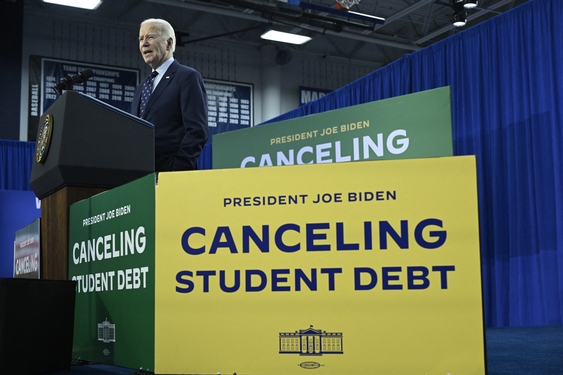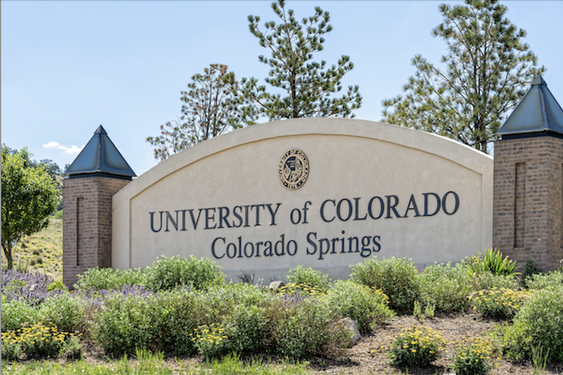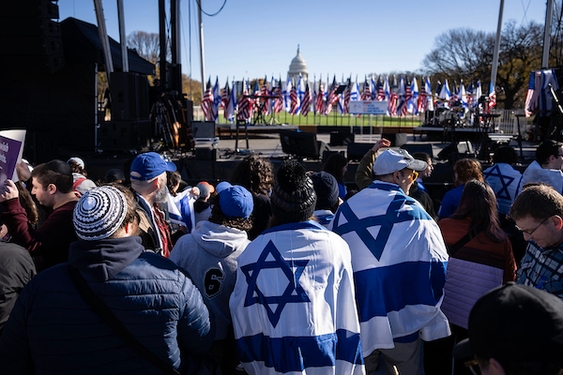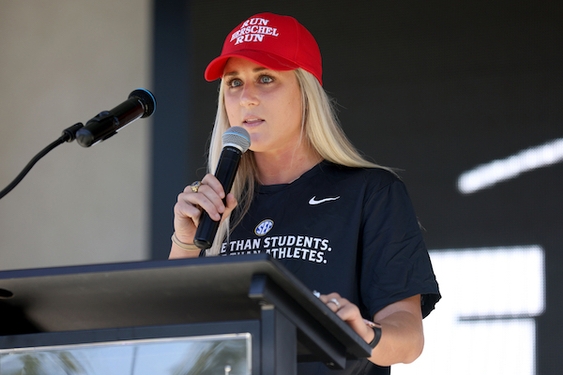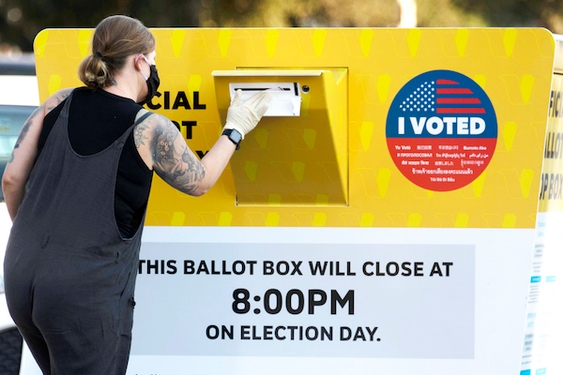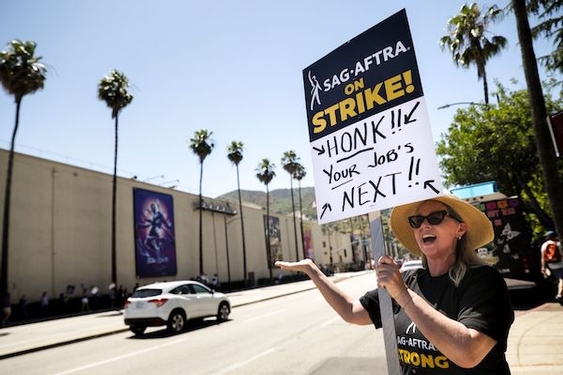Florida’s Jan. 29 primary will be make-or-break for Rudy Giuliani and his “big state” strategy. A poor showing in the Sunshine State – anything less than a win – will seriously jeopardize the viability of Giuliani’s candidacy.
Look for a four-horse race heading into Super Tuesday: Mitt Romney appealing to the economic Republican base, John McCain playing to disaffected GOPers and independents, Mike Huckabee championing the evangelical Christian segment and a life-support Giuliani hoping to stake claims in ideologically diverse (and delegate-rich) states like California and New York.
On the Democratic side, party faithfuls hope that the Martin Luther King Jr./Lyndon B. Johnson/civil rights squabble between Hillary Clinton and Barack Obama has finally died down in advance of the South Carolina primary (Jan. 26).
After Clinton remarked that “Dr. King’s dream began to be realized when President Lyndon Johnson passed the Civil Rights Act of 1964. It took a president to get it done,” Obama supporters made rumbling claims of racial insensitivity and a marginalization of Dr. King’s legacy, while Obama himself suggested the comments epitomized Clinton’s establishmentarian, Washington-centric perspective of government.
The sparring match raised the specter of race, gender and identity politics that have haunted the Democratic Party in the past and may now serve to weaken both candidates in advance of a general election showdown.
If Michigan’s delegateless Democratic primary was any indication, in which black voters chose “undecided” (read – Obama) over Clinton by a massive 70-percent to 26-percent, South Carolina will take on added importance as the first major test of a sizeable African-American vote that may vault Obama to the White House or at least deny a Clinton victory.


